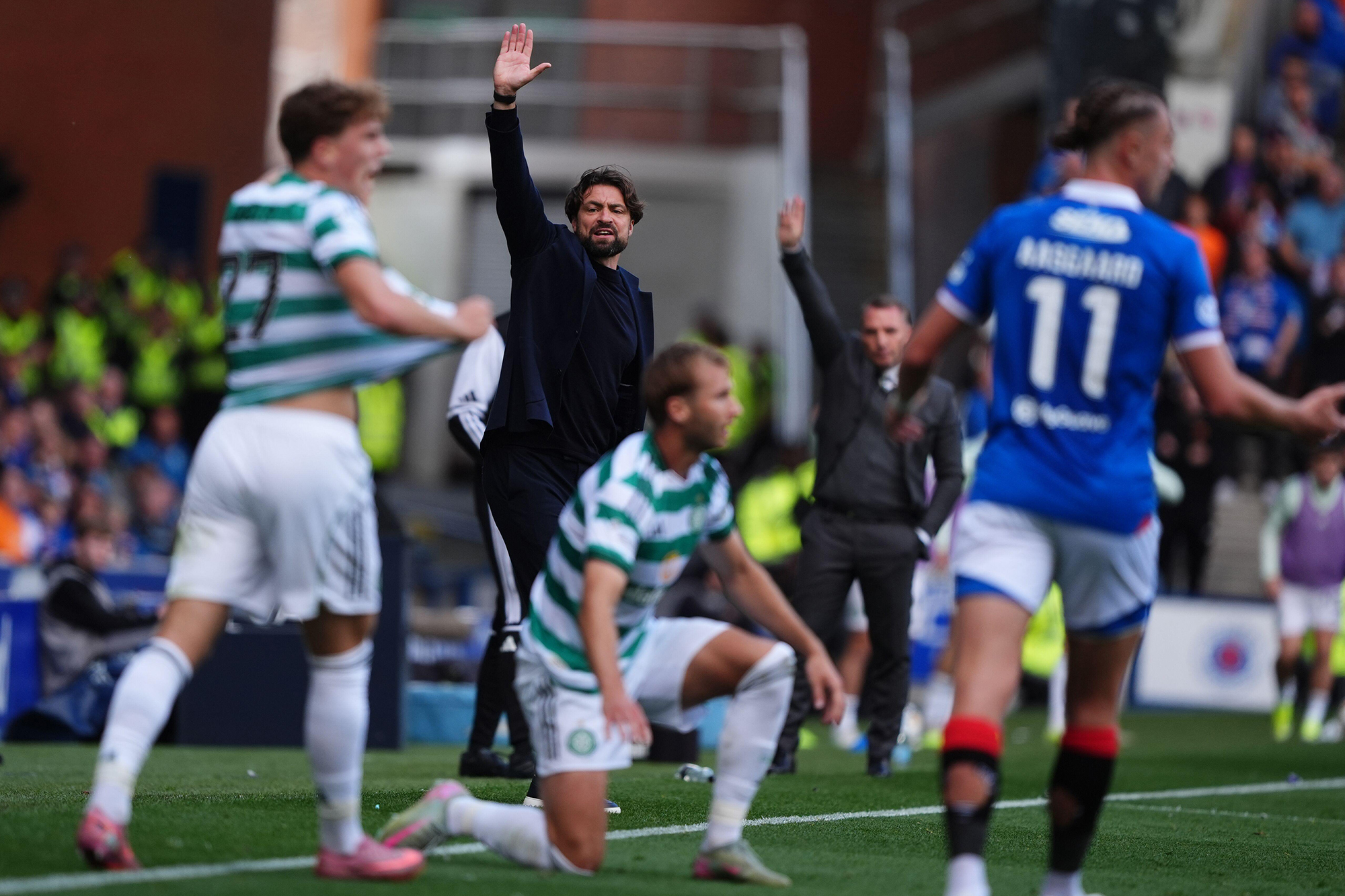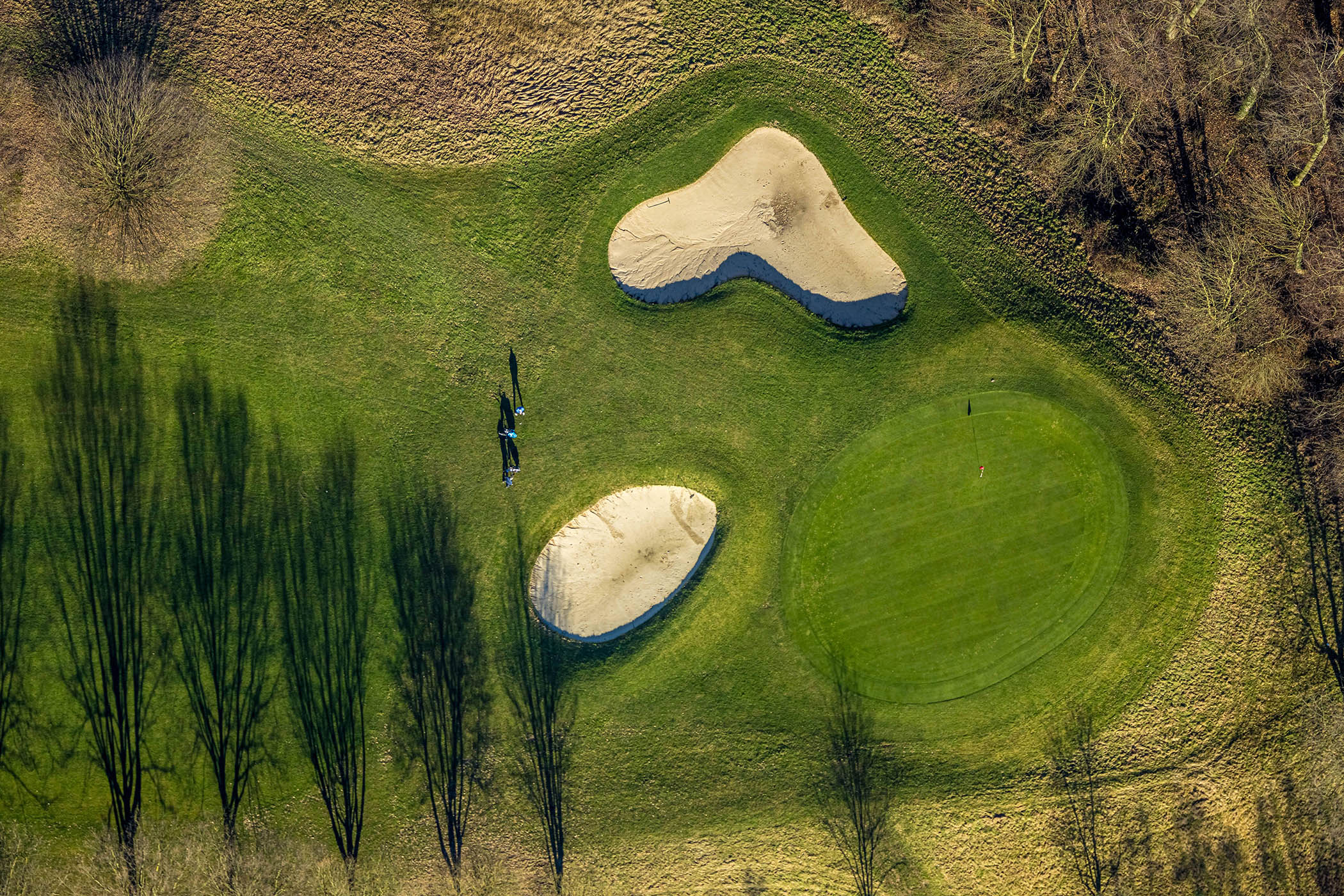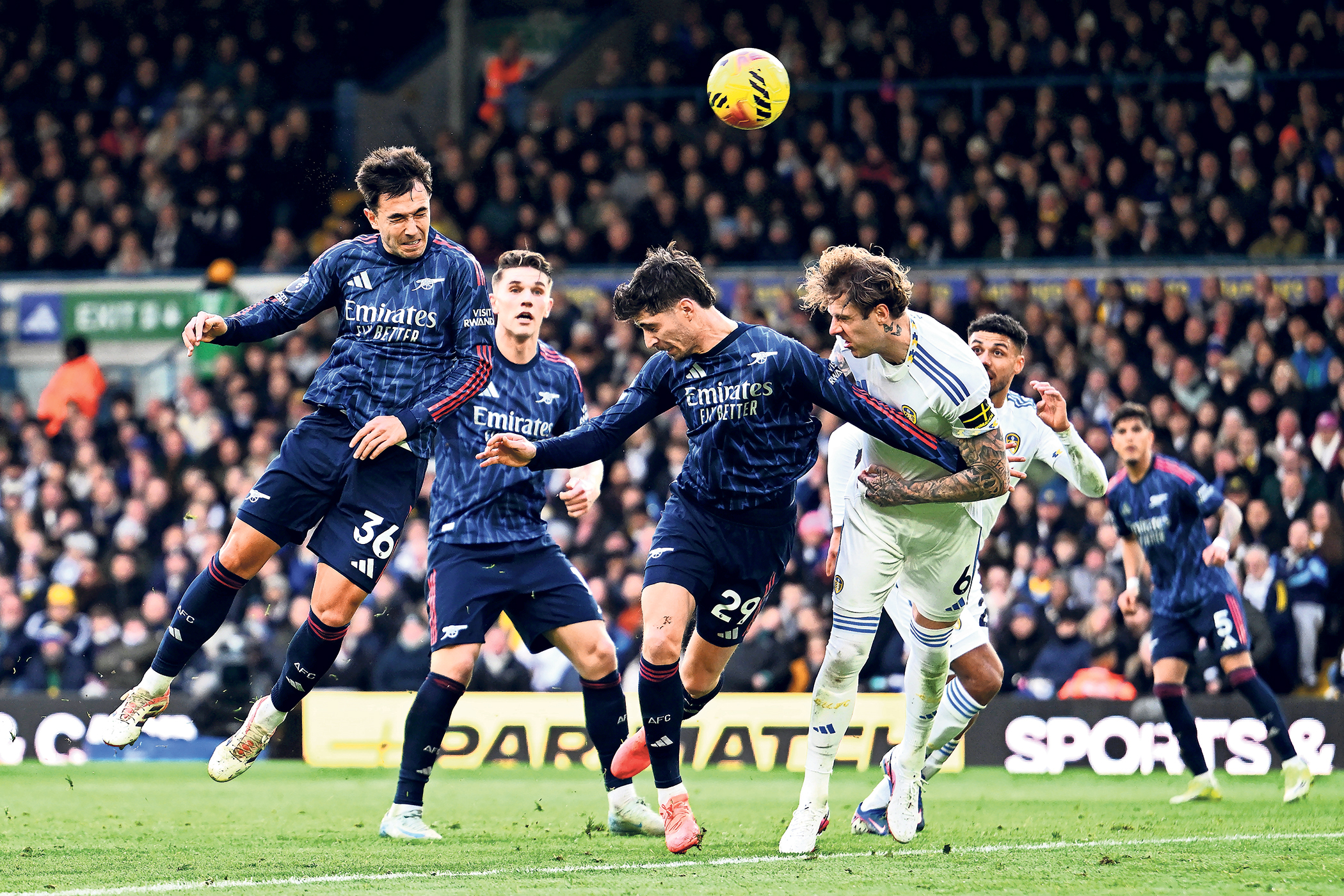Paraag Marathe is the very model of a modern American sports executive. He uses the word “process” both unironically and unapologetically. He talks about controlling the controllables. He believes in “stacking decisions”. Like the organisation he represents – the investment arm of the San Francisco 49ers – he favours approaching challenges from “an empirical, data-based perspective”.
He is cool-headed, rational and keenly aware of the value of patience, the virtues he feels lead to winning in the “short, medium and long term”. Success, to his mind, is only possible by “building the right foundation”.
All of which makes perfect sense. It is a logic that has been internalised, over the last decade or so, by most cutting-edge sports teams. The problem is Marathe and 49ers Enterprises are currently trying to apply it to what may well be the club – and possibly the city – least suited to it anywhere in the world: Rangers in Glasgow.
At some point in the imminent future, Russell Martin’s brief, unhappy tenure as Rangers manager will come to an end. It is almost impossible to see any other outcome. Since Martin took charge in the summer, the first managerial appointment under the club’s American ownership – a consortium led by health insurance tycoon Andrew Cavenagh and including the 49ers Group – the team’s performances have been poor. Results have been worse.
Martin’s team have not won any of their opening five games in the Scottish Premiership and sit 10th. They went out of the Champions League to Club Brugge, a sporting disappointment and a financial setback turned into an outright humiliation by losing 6-0 in Belgium. Things have reached the stage where Martin took his players swimming in Loch Lomond as a last-gasp bonding exercise.
It will make little difference. Last weekend, two fan groups – the Union Bears and the Rangers Supporters’ Association – released statements calling for Martin’s dismissal. The latter warned that “apathy” was beginning to set in among their members. Less eloquent, but just as impactful, was the reaction of the Ibrox crowd to last week’s 2-0 defeat by Hearts. “Martin, get to fuck,” they chanted, over and over again.
There are ways in which Martin has not helped himself. Rangers are a club who take tradition extremely seriously. In the home dressing room at Ibrox, the captain sits beneath a portrait of the reigning monarch.
Convention has it that, since time immemorial, every new Rangers manager has been presented wearing a navy suit and brown shoes. Martin preferred what the menswear influencer Derek Guy refers to as “dress sneakers”. It did not go down well. He got off, literally, on the wrong foot.
Related articles:
Even a more judicious choice of footwear, though, would have been unlikely to buy Martin much time. Not long after he took charge, Marathe gave an interview to the Rangers website in which he described the “exhaustive” process that led to his appointment. It is extraordinary that at no point did anyone involved mention that it is difficult to imagine a less suitable union.
Whether Martin’s style of play is good or bad might be a matter of debate, but that his fundamentalist approach takes time is not. He is the Platonic ideal of a manager who needs time, and perhaps a little indulgence, to have any chance. The rivalry that is known variously as the Old Firm or the Glasgow derby means Ibrox is a uniquely hostile environment for both of those qualities.
Newsletters
Choose the newsletters you want to receive
View more
For information about how The Observer protects your data, read our Privacy Policy
Recent history bears that out. Giovanni van Bronckhorst, appointed after Steven Gerrard left for Aston Villa, was a beloved former player. He led the club to the Scottish Cup and, more remarkably, to the final of the Europa League.
Van Bronckhorst had been in charge for only a year when a dip in form left the club nine points behind Celtic. Combined with a succession of heavy defeats in the Champions League, this was considered intolerable. The fans turned. He was sacked.
Philippe Clement lasted a little longer. He won a domestic honour, too, in the form of the League Cup. He helped take the club to the quarter-finals of the Europa League.
He was told that part of his job was to take “four, five, six transfer windows” to reshape the club, bringing in young players with high resale value who might, in time, help close the financial gap on Celtic.
But then Rangers lost ground on their rivals in the league and, once again, Ibrox started to boil and bubble. Clement was confronted by furious fans outside the stadium at least once.
Like Martin, he was invited to “get to fuck”, too. He left in February, replaced by Barry Ferguson, a club icon whose managerial experience at that point extended to spells at Clyde, Kelty Hearts and Alloa Athletic, along with a caretaker spell at Blackpool.
This is, almost everyone involved in Scottish football would say, just the price of doing business in Glasgow. Pompous journalists with English accents who decry it fail to understand the unique potency of the enmity between the two clubs, the intensity that makes it not just the economic engine of the Scottish game but one of world football’s truly great spectacles.
At the same time, though, it is increasingly clear that the ferocity of the rivalry is to the detriment of both teams. Earlier this month, Celtic’s fans sent an open letter to their board asking for an explanation of its vision of the club’s future, following their failure to reach the Champions League group phase for the fifth time in eight years. The fans’ tacit suspicion is that the board is more content with domestic dominance.
Across the city, the effect is still more pernicious. Rangers’s wage bill is narrowly smaller than Celtic’s. Their revenue is substantially lower. They start every season, in effect, at a disadvantage. To overhaul them, they have to overperform and – crucially – Celtic have to underperform.
In a city where second is failure, economic reality effectively locks the club into a vicious cycle: Rangers lose ground, the fans lose patience, and the manager loses their job. The way out of this is precisely the one Marathe and his colleagues identified, even if the man they chose to lead it was a poor choice: smart recruitment, a clear style of play, an emphasis on youth, managerial stability.
Plenty of teams in rivalries just as fervent as Glasgow – Feyenoord against Ajax, Galatasaray v Fenerbahçe, River Plate against Boca Juniors – have taken the same approach, and it has worked.
They have laid foundations, stacked good decisions, trusted their processes. As a result, they have won titles, competed on a continental level, produced players. They have also won derbies, but as a byproduct, not an aim.
There is no reason it cannot work in Glasgow, too, but it will require a steady hand, time, and patience. The ardour of the Old Firm has always ensured that those things are in short supply. That is what makes it special. But that does not mean it is healthy.
Photograph by Andrew Milligan/PA Images



